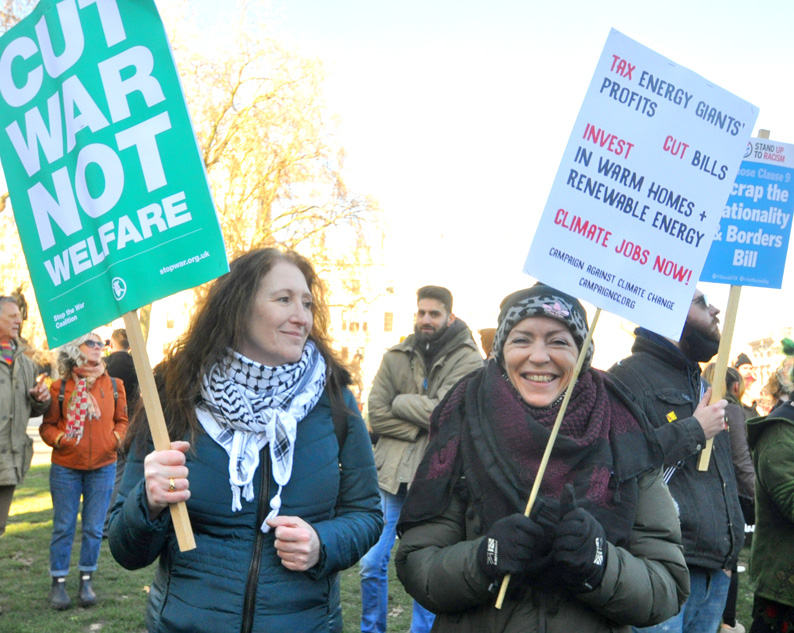LABOUR is tomorrow demanding a vote in the House of Commons to introduce a windfall tax on oil and gas companies, with former leader Ed Miliband saying yesterday that it is ‘obscene’ that the Tory government has so far refused to bring in the policy.
Ministers have previously dismissed the policy and Education Secretary Kwasi Kwarteng did so again yesterday.
But Chancellor Sunak and PM Johnson both threatened to introduce one last week and a Treasury spokesman told the BBC yesterday that the option is ‘not off the table’, adding that Sunak is ‘pragmatic about the idea’.
A debate on the Queen’s Speech is to be held on Tuesday, and Labour will put forward an amendment to call a vote for or against the measure.
Shadow climate change secretary Miliband issued a message to Tory MPs on the BBC’s Sunday Morning programme yesterday, saying: ‘You can vote for a windfall tax or you can explain to your constituents why you are refusing to provide them the help that they need.’
He went on: ‘I think it is obscene, frankly, that we have as a result of surging energy bills, oil and gas companies making billions of pounds in our country and the government refuses to put a windfall tax on them. It is shameful.
‘The case for a windfall tax now is unanswerable … Every day that goes by is sleepless nights for millions of people with this government refusing to help.’
But Tory Education Secretary Kwasi Kwarteng said: ‘I don’t believe in windfall taxes. What you are taxing is investment in jobs, you are taxing investment in wealth creation, you are taxing investment in new technologies.’
Ahead of tomorrow’s vote, the Saudi state-owned energy giant Aramco yesterday posted its highest profits since 2019, announcing an 82% jump in profits, with net income topping $39.5bn (£32.2bn) in the first quarter.
In a press release, the firm said its profits have been boosted by higher prices, an increase in production and the conflict in Ukraine.
Other energy firms including Shell, BP and TotalEnergies have also reported soaring profits.
Boris Johnson visited Saudi Arabia last month to try to persuade it to release more oil into world markets in the short-term.
Saudi Arabia is the largest producer in the oil cartel OPEC (Organisation of the Petroleum Exporting Countries) and by raising production it could help to reduce energy prices.
Earlier this month, Aramco reclaimed the top spot as the world’s most valuable company from Apple for the first time in almost two years.
Aramco also announced on Sunday it would issue 20 billion bonus shares to its shareholders – one share for every 10 shares already owned.
